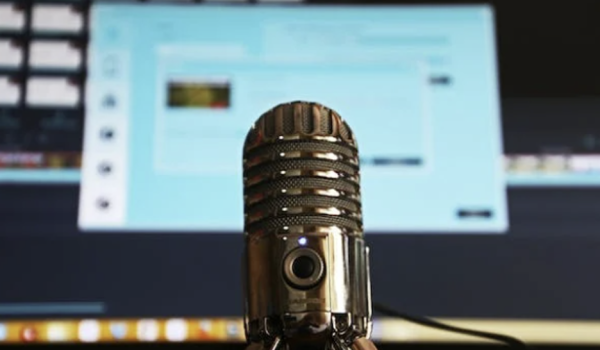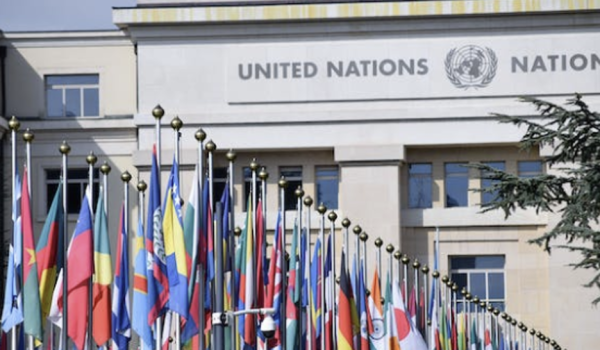At least one in five young individuals from Denmark, France, Cyprus, Sweden, and the United Kingdom participates in available non-formal education activities, while Bulgaria, Croatia, Romania, Slovakia, and the former Yugoslav Republic of Macedonia register much lower percentages. This is one of the main findings of the EU Youth Report 2015, which has revealed that the understanding and acceptance of non-formal education as an integral part of personal and professional growth is still rather low in the “eastern” parts of the Union.
Even though European countries differ greatly in terms of the share of young people involved in non-formal education, its power is recognized more and more, and the EU invests significant resources to support it.
Non-formal education, as an organized educational process which takes place alongside the mainstream systems of education and training, allows individuals to participate on a voluntary basis and as a result, the individual takes an active role in the learning process. Many studies have shown that non-formal learning can help to release the potential of many young people by uncovering and developing their knowledge, skills, and competencies and by encouraging the acquisition of new kinds of capacities.
Due to various programs and funds which have recognized its importance, young people living in Europe can attend a good selection of non-formal education programs regardless of their location. To boost the participation of young people in non-formal education programs in Europe, the former Youth in Action program, which lasted until 2013, promoted mobility, non-formal learning, intercultural dialogue, and inclusion among young people and supported youth workers and civil society organizations through training and networking.
Following the closure of the Youth in Action Program, the new EU program for Education, Training, Youth, and Culture, Erasmus+, was launched in 2014. It is planned that between now and 2020 Erasmus+ will provide opportunities for over 4 million young Europeans to study, train, gain work experience, and volunteer abroad. Erasmus+ supports transnational partnerships among educational, training and youth institutions and organizations to foster cooperation and bridge the gap between the education and labor sectors in order to tackle the skills gaps Europe is facing.
As a part of the European Commission’s Training Strategy, SALTO-YOUTH was established in 2000 and is a network of eight Resource Centers working on European priority areas within the youth field. SALTO-YOUTH provides non-formal learning resources for youth workers and youth leaders and organizes training and contact-making activities within the framework of the European Commission’s Erasmus+ Youth in Action Program. Young people living across Europe can attend numerous programs and develop their skills and knowledge through local organizations which are members of SALTO-YOUTH.
Although non-formal education programs do not typically lead to certification, there are ways to assess the knowledge gained by participating.
Youthpass is a European recognition tool for non-formal and informal learning in youth work aimed at projects funded by Erasmus+ Youth in Action and Youth in Action programs; and with Youthpass the participants in these projects can describe what they have done and show what they have learnt.
Youthpass enables a standardized assessment of the personal non-formal learning process and outcomes and indirectly – supports the employability of young people. Since 2007, when Youthpass was established, more than 470.000 certificates have been issued for more than 35.000 different projects throughout Europe. It is expected that in the next few years the numbers will be even higher.
In addition to the European level, in regional terms there are networks and coalitions of organizations that provide non-formal education programs, such as the South East European Youth Network (SEEYN) as a network organization involving 15 member NGOs from Bosnia and Herzegovina, Serbia, Croatia, Bulgaria, Hungary, Macedonia, Slovenia, and Kosovo. SEEYN’s mission is to overcome differences among societies that have recently experienced conflict by gathering young people from throughout southeastern Europe region to work together on global issues. For more than 15 years, SEEYN member organizations have provided a series of training programs, workshops, internships, and travel opportunities to young people in their local communities.
Regardless of their background, age, or where they live, young people from all parts of Europe should, along with the formal education they are pursuing, use all these opportunities in order to improve their skills and knowledge and to be as happy as they can be with the lives they live.
Support us!
All your donations will be used to pay the magazine’s journalists and to support the ongoing costs of maintaining the site.
Share this post
Interested in co-operating with us?
We are open to co-operation from writers and businesses alike. You can reach us on our email at [email protected]/[email protected] and we will get back to you as quick as we can.









